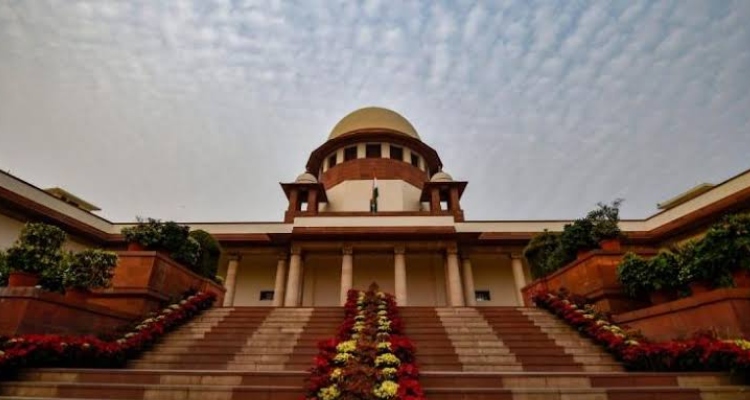
The Supreme Court has reaffirmed the inviolability of privacy rights in paternity disputes, particularly concerning DNA testing.
A bench comprising Justices Surya Kant and Ujjal Bhuyan underscored that mandating an individual to undergo genetic testing constitutes a profound intrusion into personal autonomy, subjecting them to unwarranted external scrutiny with potentially severe social, psychological, and reputational repercussions.
This ruling concludes a protracted legal battle in Kerala spanning over two decades.
The Court acknowledged that judicial orders for DNA testing, particularly in cases involving allegations of infidelity, could lead to irreversible harm. Such directives not only undermine an individual’s dignity but also disrupt their social standing and emotional well-being.
Consequently, the bench emphasized the necessity of a judicious and balanced approach in adjudicating such requests.
“On one hand, courts must protect the parties’ rights to privacy and dignity by evaluating whether the social stigma from one of them being declared ‘illegitimate’ would cause them disproportionate harm. On the other hand, courts must assess the child’s legitimate interest in knowing his biological father and whether there is an eminent need for a DNA test,” the bench stated.
The ruling further highlighted the societal ramifications of an illegitimacy declaration, cautioning that such findings could invite intrusive scrutiny into the private lives of the child’s parents and provoke allegations with far-reaching reputational damage. The Court noted that imputing infidelity to a married woman could irreversibly tarnish her social status and personal dignity.
To regulate judicial discretion in ordering DNA tests, the bench established a structured two-step evaluative framework. First, the court must thoroughly assess all available evidence to determine whether the presumption of legitimacy can be upheld. Only if the presented evidence remains inconclusive should a DNA test be considered. Second, even in cases of evidentiary insufficiency, courts must conduct a rigorous proportionality analysis to ascertain whether the test would result in disproportionate harm to the affected parties.
Drawing upon the Supreme Court’s landmark 2017 ruling in KS Puttaswamy v. Union of India, the bench reaffirmed that any state intervention into personal privacy must satisfy three core legal principles: (i) legality, requiring the existence of a lawful basis; (ii) necessity, ensuring a legitimate state objective; and (iii) proportionality, ensuring a rational nexus between the means employed and the intended goal.
The absence of any of these elements renders such intrusion unconstitutional, violating privacy and personal liberty as enshrined in Article 21 of the Indian Constitution.
Justice Kant further emphasized the imperative of safeguarding the child’s dignity and privacy, particularly in cases concerning legitimacy disputes. “Though in this instance, the child is a major and is voluntarily submitting himself to this test, he is not the only stakeholder bearing personal interest in the results, whatever they may be. It is in this backdrop that the appellant’s right to privacy and dignity has to be considered,” he remarked.
The Court reaffirmed that existing legal frameworks provide adequate mechanisms for determining legitimacy without resorting to invasive DNA testing. It reiterated that courts must allow parties to present evidence of non-access to challenge the presumption of legitimacy and that only when such evidence is inconclusive should genetic testing be contemplated.
This ruling underscores the judiciary’s commitment to preserving constitutional privacy rights and preventing the misuse of legal procedures to enable undue intrusions into personal life.




